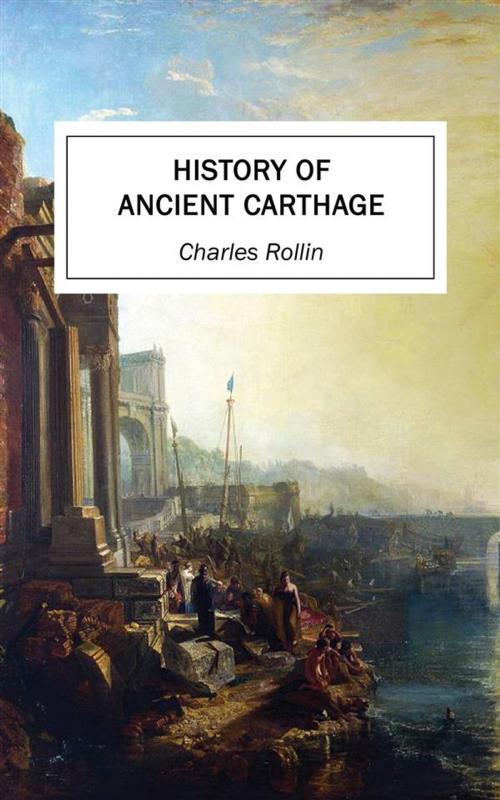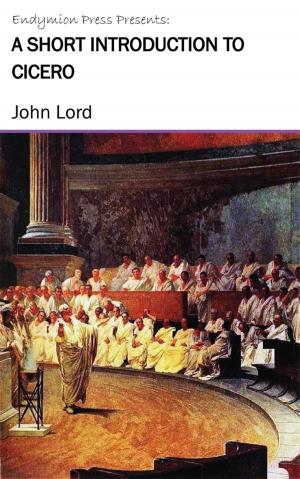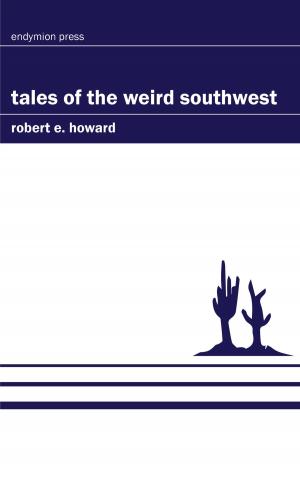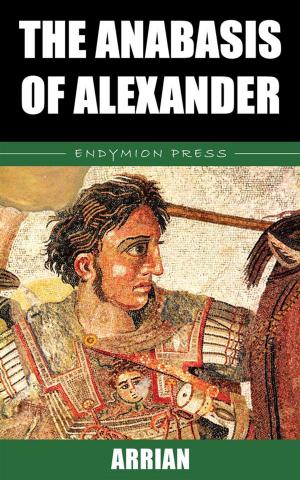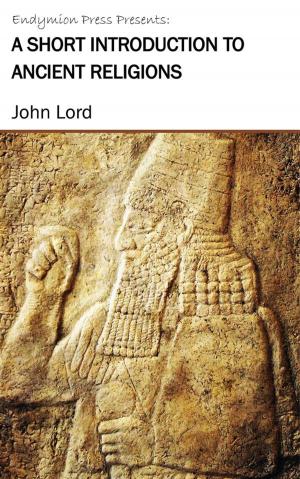| Author: | Charles Rollin | ISBN: | 9781531292447 |
| Publisher: | Endymion Press | Publication: | August 15, 2016 |
| Imprint: | Language: | English |
| Author: | Charles Rollin |
| ISBN: | 9781531292447 |
| Publisher: | Endymion Press |
| Publication: | August 15, 2016 |
| Imprint: | |
| Language: | English |
Carthage formed after the Model of Tyre, of which that City was a Colony. The Carthaginians were indebted to the Tyrians, not only for their origin, but for their manners, language, customs, laws, religion, and their great application to commerce, as will appear from every part of the sequel. They spoke the same language with the Tyrians, and these the same with the Canaanites and Israelites, that is, the Hebrew tongue, or at least a language which was entirely derived from it. Their names had commonly some particular meaning: thus Hanno signified gracious, bountiful; Dido, amiable, or well-beloved; Sophonisba, one who keeps faithfully her husband's secrets. From a spirit of religion, they likewise joined the name of God to their own, conformably to the genius of the Hebrews. Hannibal, which answers to Hananias, signifies Baal, [or the Lord] has been gracious to me. Asdrubal, answering to Azarias, implies, the Lord will be our succor. It is the same with other names, Adherbal, Maharbal, Mastanabal, &c. The word Pœni, from which Punic is derived, is the same with Phœni, or Phœnicians, because they came originally from Phœnicia. In the Pœnulus of Plautus, is a scene written in the Punic tongue, which has very much exercised the learned...
Carthage formed after the Model of Tyre, of which that City was a Colony. The Carthaginians were indebted to the Tyrians, not only for their origin, but for their manners, language, customs, laws, religion, and their great application to commerce, as will appear from every part of the sequel. They spoke the same language with the Tyrians, and these the same with the Canaanites and Israelites, that is, the Hebrew tongue, or at least a language which was entirely derived from it. Their names had commonly some particular meaning: thus Hanno signified gracious, bountiful; Dido, amiable, or well-beloved; Sophonisba, one who keeps faithfully her husband's secrets. From a spirit of religion, they likewise joined the name of God to their own, conformably to the genius of the Hebrews. Hannibal, which answers to Hananias, signifies Baal, [or the Lord] has been gracious to me. Asdrubal, answering to Azarias, implies, the Lord will be our succor. It is the same with other names, Adherbal, Maharbal, Mastanabal, &c. The word Pœni, from which Punic is derived, is the same with Phœni, or Phœnicians, because they came originally from Phœnicia. In the Pœnulus of Plautus, is a scene written in the Punic tongue, which has very much exercised the learned...
